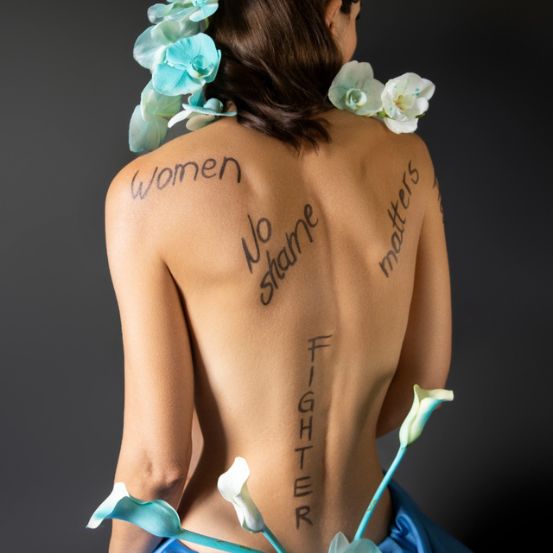Books, movies, and music not to miss.
Books, movies, and music not to miss.
Feel good books
How often do we lose ourselves in the pages of a book, stuck inside them for hours? It’s that phenomenon that our selection of books has in common: the power to transport us to some other place, as well as a passion for yellow that is a true omen for their good energy.
GIO PONTI, by Salvatore Licitra, Stefano Casciani, Lisa Licitra Ponti, Brian Kish, Fabio Marino and Karl Kolbitz, Taschen (2021) € 200.
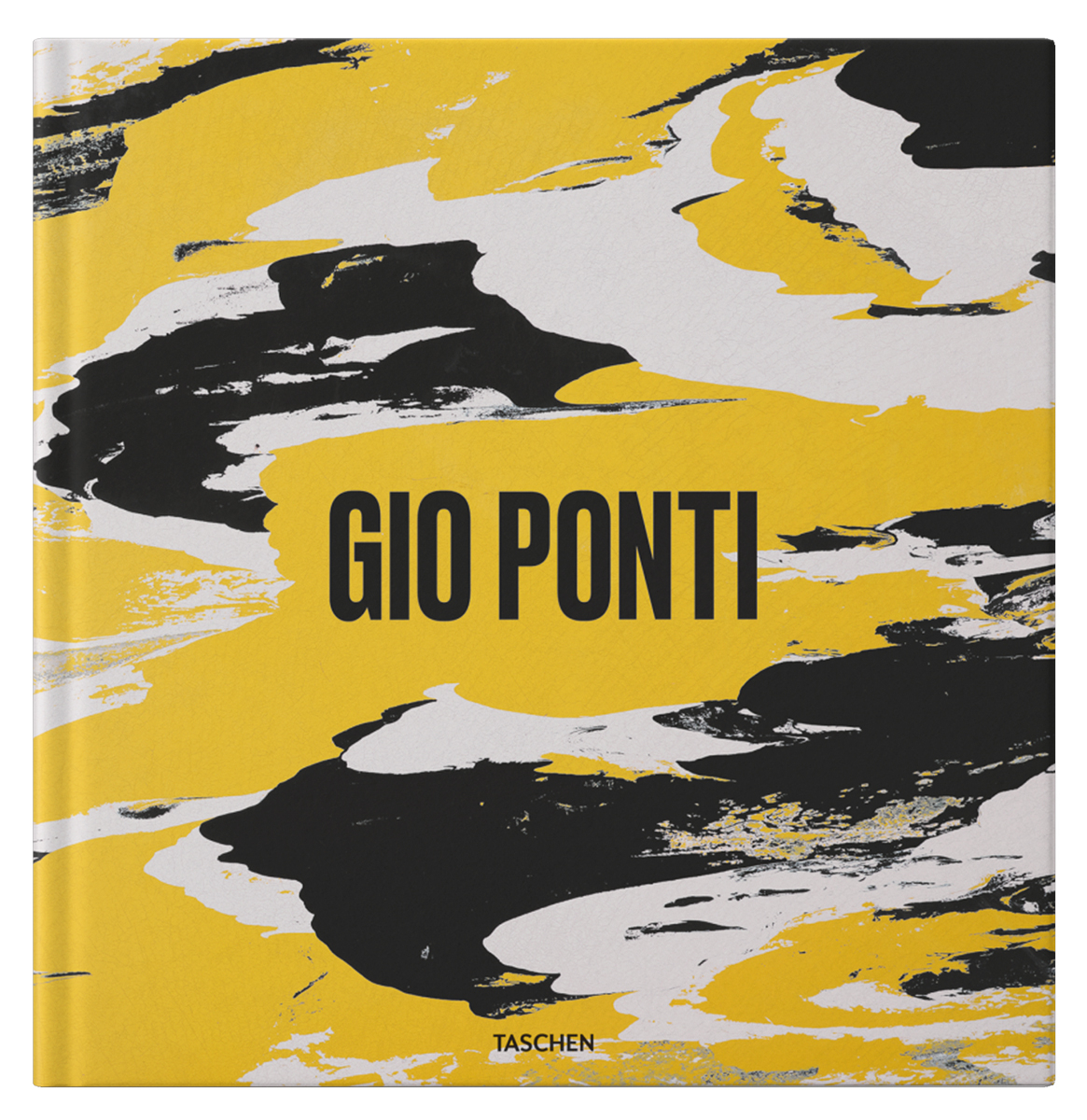
RUTH & PEN, by Emilie Pine, Penguin (2022), € 17,05.
Dubin, 7th of October of 2019. A day, a city, two women: Ruth and Pen. They don’t know each other, but both ask the same questions: how to deal with other and how to deal with themselves? Ruth’s marriage with Aidan is going through a crisis, so today is the day she must make a decision — should she stay or leave? For the teenager Pen, today is the day when words are going to flow through her, she’s finally going to tell her truth to Alice. Ruth & Pen is the first fiction book from the author of Notes to Self (a must-read), and matches the insane expectations it had, not only because of Pine’s careful prose but also for the themes the author chose to tackle — it’s a portrait of the boundaries of pain and love and the daily fights we all must tackle.
THE COST OF LIVING, de Deborah Levy, Penguin Books (2019), € 10,49.
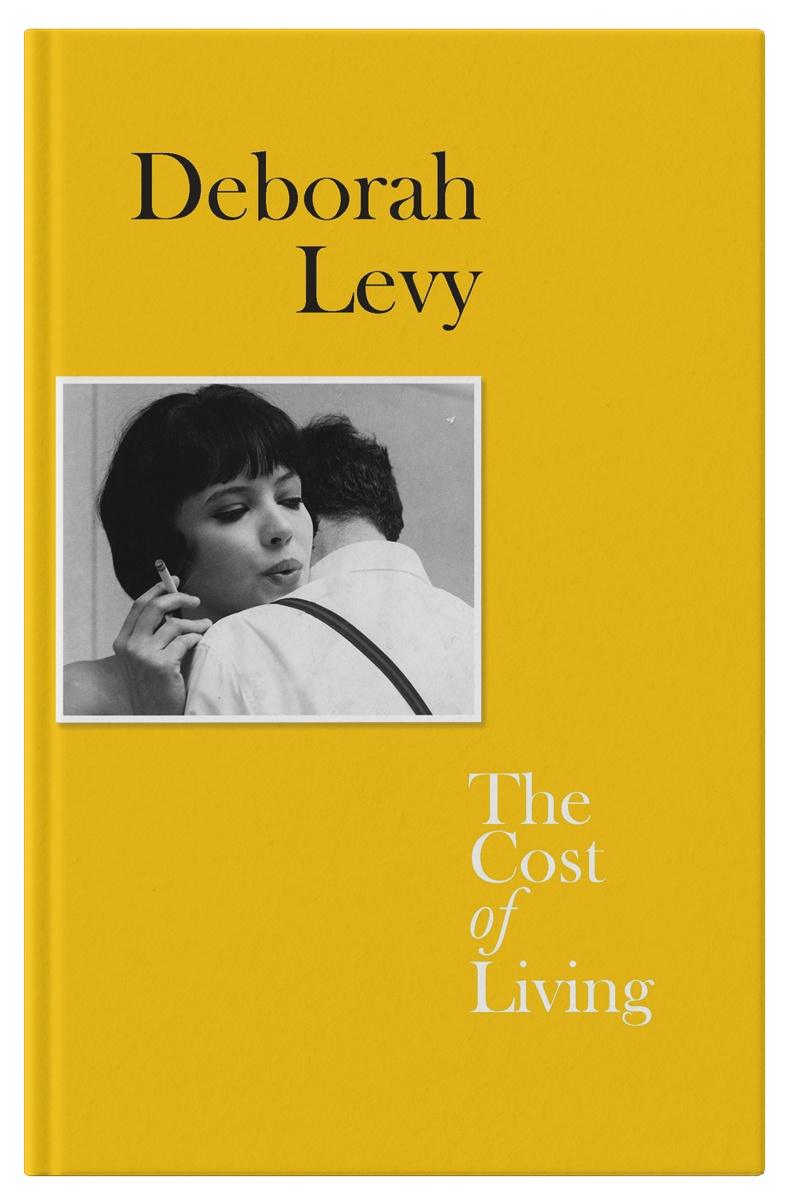
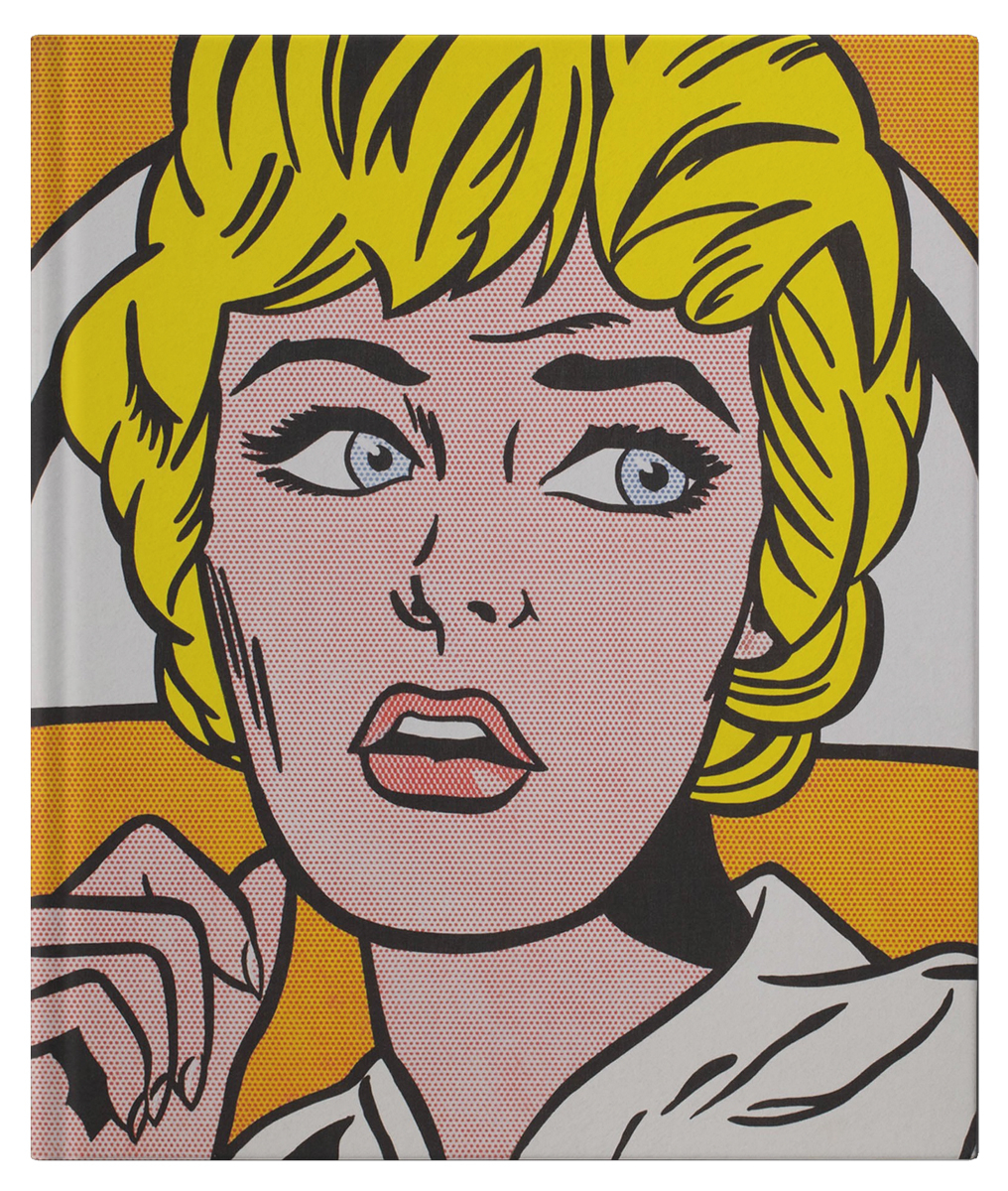
VERSACE CATWALK, by Tim Blanks, Thames & Hudson (2021), € 54.
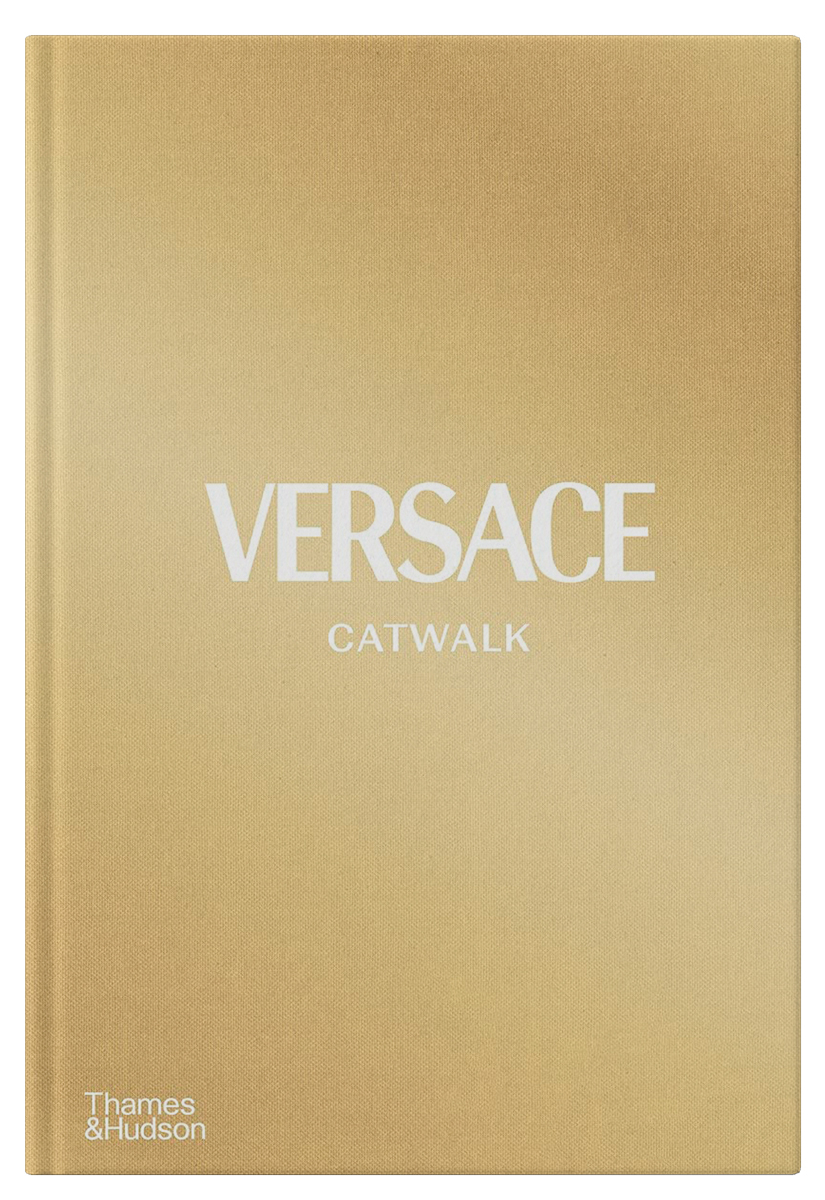
LORNA SIMPSON — REVISED & EXPANDED EDITION, by Thelma Golden, Kellie Jones, Chrissie Iles, and Naomi Beckwith, Phaidon (2022), € 59,95.
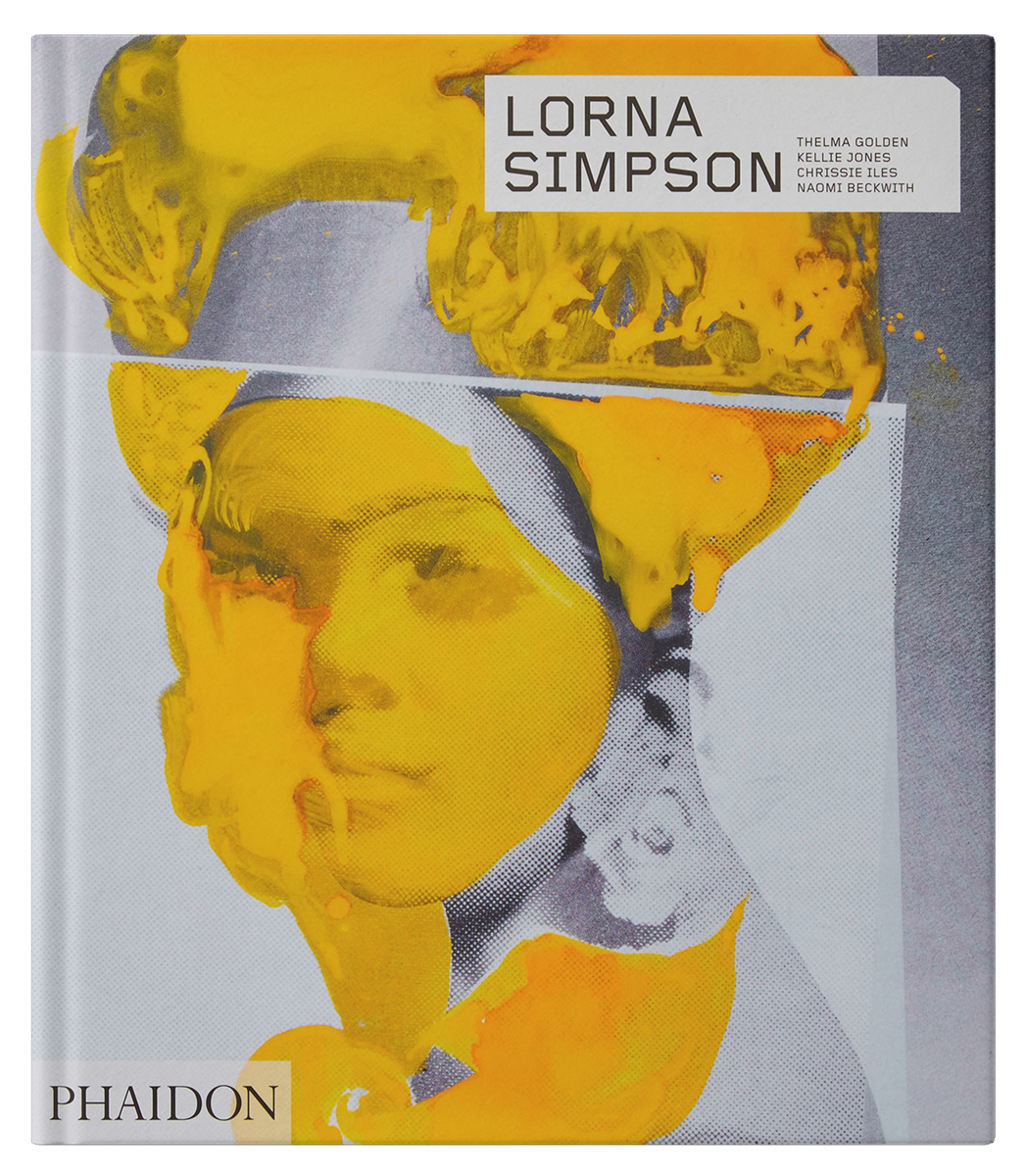
Feel good movies
From Hollywood classics to rom coms, through the mandatory musicals, we’re taking a trip to the movies that exorcize all the bad energies.
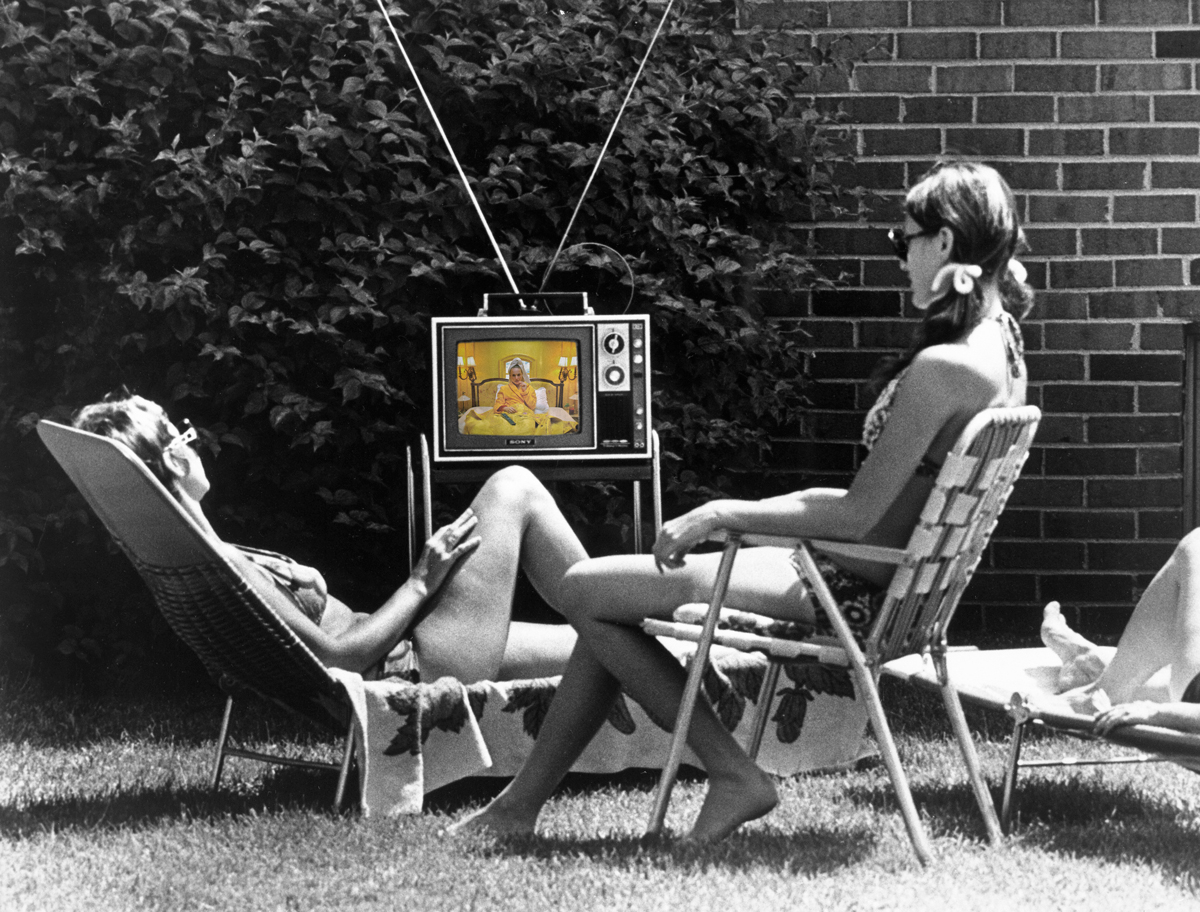
We begin our journey in the Golden Age of Hollywood, with movies that became classics of cinema, starring actors that are true legends of pop culture: Marylin Monroe, Audrey Hepburn, and Gene Kelly. It was in Singin’ in the Rain (1952) that Kelly falls madly in love with Debbie Reynolds, whilst documenting the shift from silent movies to spoken ones. The film is a true love letter to Hollywood, a must-see even after seven decades of its release. Some Like it Hot (1959), critically acclaimed as one of the best movies of all time, shows us Marylin Monroe in her natural state. The comedy narrates the story of two musicians that, in order to escape persecution from the mafia, put themselves in drag. If you’re part of the minority group that has never seen the iconic movie, enjoy the opportunity, and you’ll certainly reach its end with the sound feeling that movies aren’t made like they used to. Another perfect example of a movie that we’ll spark the same feeling is Breakfast at Tiffany’s (1961), an unusual romantic comedy, adapted from a Truman Capote book with the same name, and that transformed breakfast in front of Tiffany & Co. into an art form.
Let us advance in time, towards the movies that are nostalgic in a completely different way. We’re talking about the ever-so-popular 90s decade, the golden age of romcoms. We needn’t go too far: Pretty Woman (1990) is one of the most loved movies of all time, in part because of Julia Roberts and Richard Gere’s performances. By playing the role of a prostitute, Roberts cemented herself as one of Holywood’s biggest stars, responsible for some of the most quotable moments, like: “Big mistake. Big. Huge.” The actress accomplished something rare in the industry: Roberts is loved by critics and audiences alike. A phenomenon in part responsible for the choice of roles the actress curated. For example, in Notting Hill (1998) where her character develops an unlikely romance with Hugh Grant. that in this instance takes on the role of a bookshop owner. The decade also brought with it the rise of new stars, like Cameron Diaz who, in Crazy About Mary (1998), is the epitome (the parody even) of someone frighteningly lovable.
Romantic comedies are the most surefire way of changing our mood, maybe because of their lightness or the predictability of the plot that assures us the ending will always be happy. But they do not monopolize the feel-good movie genre: coming-of-age comedies are another example of the same phenomenon. They transport us to youthful innocence, to high school times when the most important concern is heartbreak, or, as in the case of the next film, what clothes to wear the next day. Films like Clueless (1995) defined an entire generation. Not only did they introduce us at a young age to such important names as Alaïa, but they also gave us hope that in the near future we would have access to a computer that would choose our best outfits (something we are still waiting for almost 20 years later). This feeling of nostalgia for the most puerile expectations reaches its maximum potential in Suddenly 13 Going on 30 (2004), the ultimate Sunday afternoon movie, which creates the fantasy of combining a pre-teen's joie de vivre with an adult's financial resources.
What if we could combine music and movies? There's nothing like a good song to lift the spirits, especially when the music is by ABBA. We are of course referring to Mamma Mia! (2008) - even if we are watching it for the hundredth time - which brings with it the promise of serotonin. If it's happy hormones you need, check out Bridesmaids (2011). Throughout its two hours you'll only have one problem to think about: how to regain your breath from the fits of laughter induced by some of the funniest scenes in the history of cinema, such as the unforgettable flood at the dress fitting. We end our list with two works of French cinema, which excel in making an intelligent, unexpected comedy - and with incomparable depth. Amélie (2001) is one such case, juxtaposing comic elements with an idiosyncratic aesthetic and narrative. The Intouchables (2011), for its part, is based on a true story and remains the most successful French film in the film industry. In what was the ultimate in making this film something we felt good about watching, all the money from the sale of the copyright from the adaptation of the original story was donated to an organization that supports the disabled.
Feel good music
The effect that music has on our mood is unparalleled. A song has the power to transform us, whether through memories that, commanded by simple chords, swim to the surface, or through the contagious rhythm that takes hold of our bodies when the right melody echoes at the right moment.
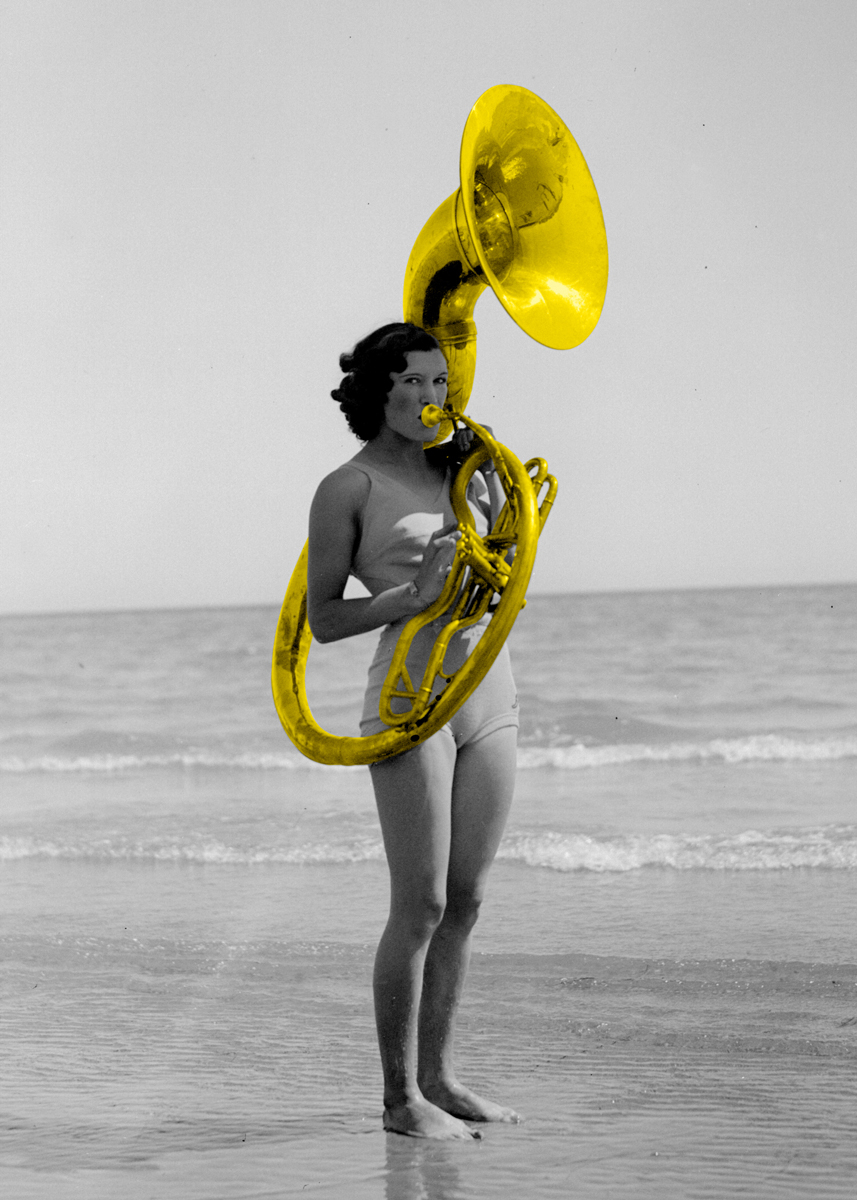
Long live disco. This musical style, popular for the way it compelled people to move their bodies, broke all the conventions of the genres that preceded it - it is humanly impossible to listen to Stayin' Alive by the Bee Gees or Dancing Queen by ABBA without feeling impelled to dance instantly. Classics like YMCA by the Village People or The Hustle by Van McCoy not only fill us with energy but also transport us to a very specific place and time. Who can listen to the initial chords of Donna Summer's I Feel Love without being transported to 1977, in some New York disco, lost in a sea of people who forget their identity for 5 minutes and 58 seconds, as the record's diva induces us into a hypnotic state? Let’s get it right, not just any disco in New York, it has to be Studio 54, which has passed on as much disco music as it has influenced. Such is the case with Le Freak, one of the most easily recognizable songs ever, which was written by the members of the band Chic after being barred at the door of the iconic disco. With nowhere else to go, guitarist Nile Rodgers and bassist Bernard Edwards returned to the hotel, where they wrote the song - whose original name was "Fuck Off", a direct response to the episode in Studio 54.
This impact is not restricted to the album, you only have to go back to the '80s to find songs that, if they don't make you want to dance, at least make you want to work out... Rocky style. To approach the theme of energetic music without making a reference to Eye of the Tiger, from Survivor, would be a sin of the highest order, and just by listening to it, we have enough energy to, like Sylvester Stallone, climb the 72 steps of the Philadelphia Museum of Art. Freddie Mercury also shares this ability - Queen hits like Another One Bites the Dust or Don't Stop Me Now are true caffeine in sound format. Mercury's voice takes over our heartbeat, commanding us to follow the rhythm of his words. There are also the classics of the decade, which project images of artificially voluminous hair and neon clothes, such as Take On Me, by A-ha, or the immortal Wake Me up Before you Go-Go, by Wham. If by divine punishment, we didn't enjoy the energy of the 80's on the spot, Whitney Houston's vivacity in I Wanna Dance With Somebody is enough to scratch this peculiar itch.
If the intoxicating rhythm and power of 70s disco or 80s danceable pop rock aren't enough to change your mood, you'll have no choice but to turn to the nuclear equivalent of happy songs. Those songs that are physically impossible to listen to without completely changing our mood, like Happy by Pharell Williams. If you are listening to Walking on Sunshine by Katrina and the Waves or ABC by The Jackson 5 and you feel melancholy, you have only two options: either drown your sadness in the positive energy of these songs or switch playlists. From songs that lift our self-esteem to an unshakable altitude, like Good as Hell by Lizzo, to those that we sing from the top of our lungs, like Dog Days are Over by Florence + The Machine, there is no denying it: happy songs transform us. We become protons charged with positive energy, leaving negativity behind so we can dance to the sound of Uptown Funk by Mark Ronson and Bruno Mars, or if you prefer headbanging, the Violent Femmes' classic Blister in the Sun. In general, if a song gets you dancing it is a sign that it has already changed your energy. Think of Hey Ya! by OutKast, which commands us to "Shake it like a Polaroid picture," an order rarely disobeyed. We save the best for last: Good Vibrations by The Beach Boys. Brian Wilson, the band's leader, and songwriter confessed that the song was based on a theory his mother had about her dog - the animal barked only at those with "bad cosmic vibrations." The song is built around the concept of positive energy, hence its undeniable influence on our mood. We couldn't fail to mention Yellow Submarine by The Beatles, both for its infectious rhythm and for its reference to the chromatic trend of this issue.
Translated from the original on The Sunny Vibes Issue, from Vogue Portugal, published July 2022.Full stories and credits on the print issue.
Most popular

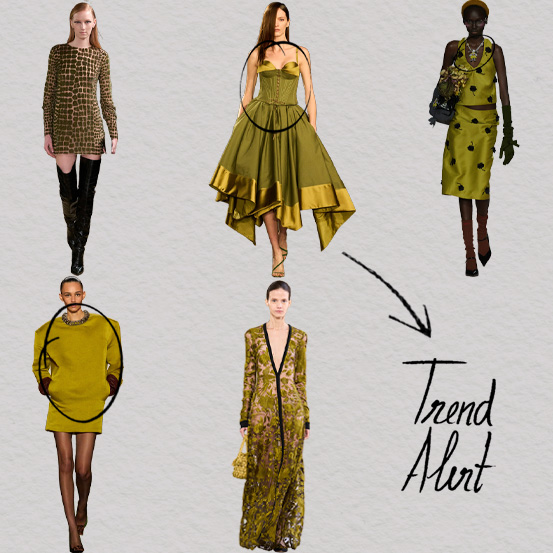
Relacionados

.jpg)




